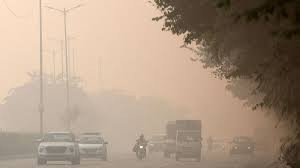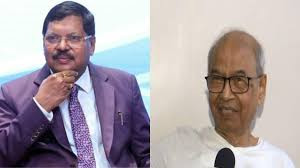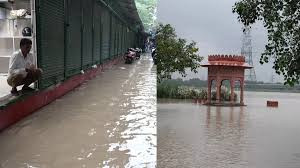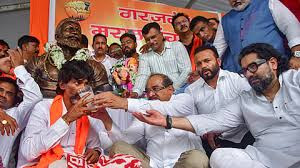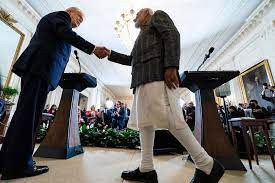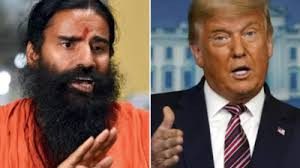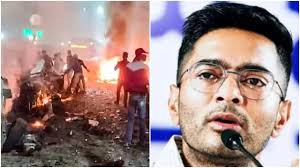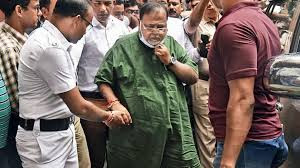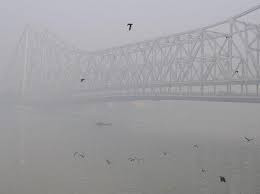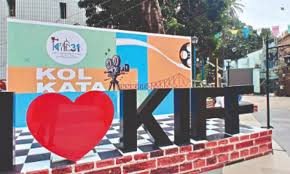ED Summons Robert Vadra Again in Connection to Haryana Land Deal Case; Probe Intensifies
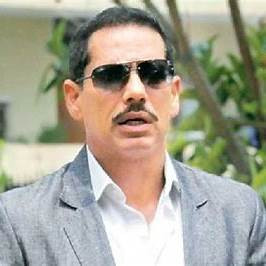
IIE DIGITAL DESK : Significant development, the Enforcement Directorate (ED) has summoned Robert Vadra, businessman and husband of Congress leader Priyanka Gandhi, for the second time in connection with the alleged illegal land deal in Shikohpur, Haryana. The latest summons follows his previous non-appearance before the agency, as the investigation into the land deal deepens. The case revolves around the sale of a plot of land in Haryana's Shikohpur village, which has become a focal point of a larger investigation into alleged money laundering activities.
The alleged land deal in question occurred in 2008, when Vadra's company, Skylight Hospitality, purchased a 3.5-acre plot in Shikohpur for a sum of ₹7.5 crore. The property was then sold to the real estate giant DLF for a staggering ₹58 crore. The Enforcement Directorate is investigating this transaction for possible money laundering, as part of its broader probe into alleged illegal land acquisitions and corruption involving high-profile figures. The ED believes that the transaction may have involved the illegal movement of funds, raising questions about the legitimacy of the deal and its links to officials in Haryana's political circles.
The first summons issued by the ED in the case was on April 8, 2025, but Robert Vadra had failed to appear before the agency. The second summons now requires his appearance in connection with the investigation, signaling the agency's determination to pursue the case further. The ED has been investigating several land deals in the region, including the role of former Haryana Chief Minister Bhupinder Singh Hooda, and other politicians, who are suspected of facilitating these transactions through alleged illicit practices.
The land deal case, which has grabbed significant media attention, has political undertones as well. The involvement of prominent figures such as Robert Vadra has made the case a point of political contention, especially as the investigation gains momentum ahead of state elections in Haryana. Critics of the Congress party have questioned the transparency of the transaction, while Congress leaders maintain that Vadra’s transactions were entirely legal and above board. Vadra himself has repeatedly denied any wrongdoing, asserting that all deals were legitimate and conducted through proper channels.
The Enforcement Directorate’s investigation also comes in the wake of previous legal proceedings, where the Punjab and Haryana High Court had directed the Haryana Police to speed up their probe into these land deals. The court emphasized the importance of addressing issues related to corruption and illegal land acquisitions promptly. The ED's involvement in the case suggests that the agency is looking to connect the dots between the land deal and broader money laundering activities linked to influential individuals.
Vadra’s legal team, in response to the summons, has indicated they will challenge the agency’s findings, citing concerns about procedural fairness and the lack of clear evidence to support the allegations. As of now, the investigation continues, with the ED and legal experts closely monitoring any new developments.
The outcome of this case could have far-reaching implications for both the political and business communities. It also underscores the ongoing efforts by the government to address corruption in land deals and ensure transparency in high-profile transactions.
You might also like!


